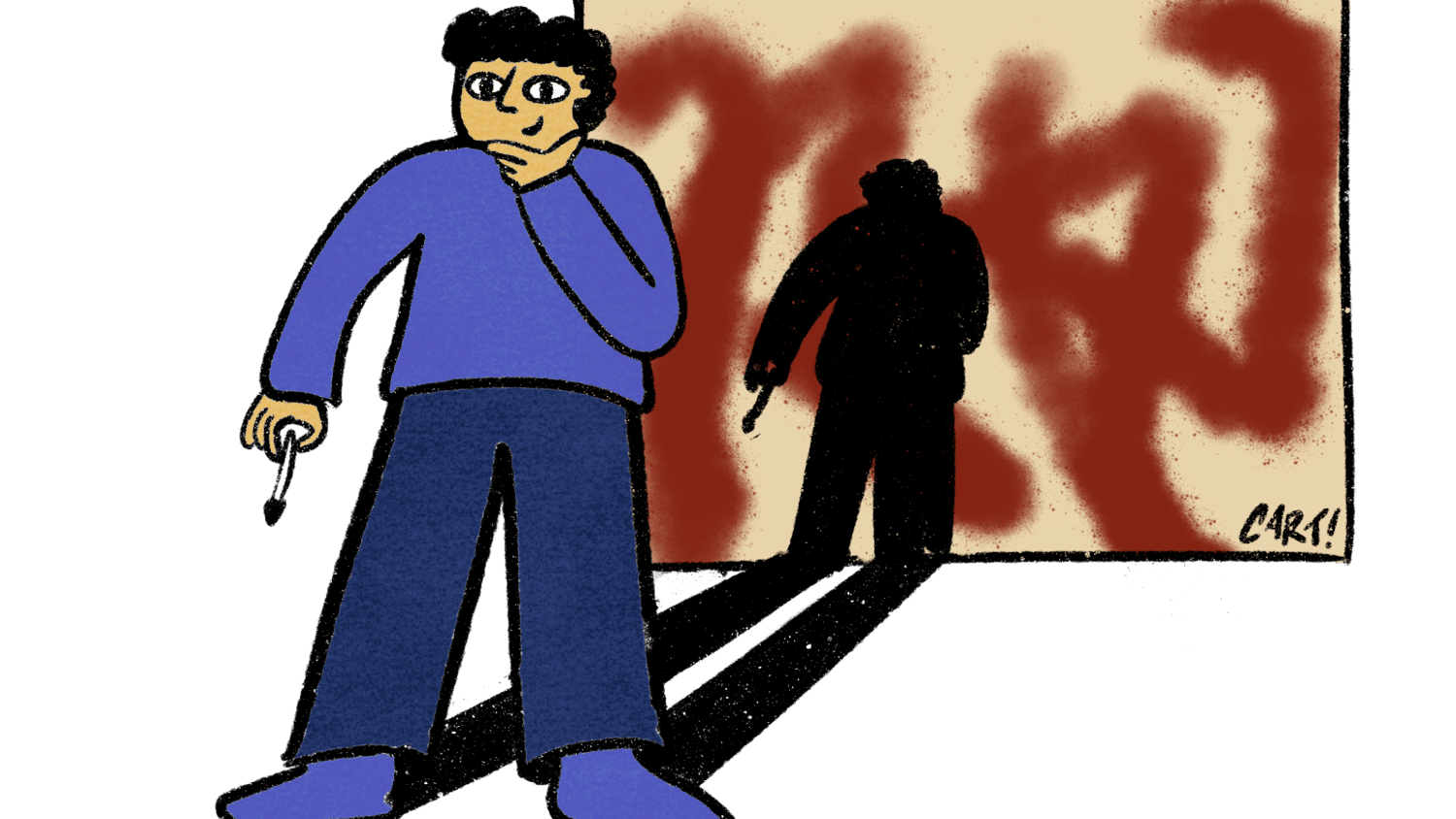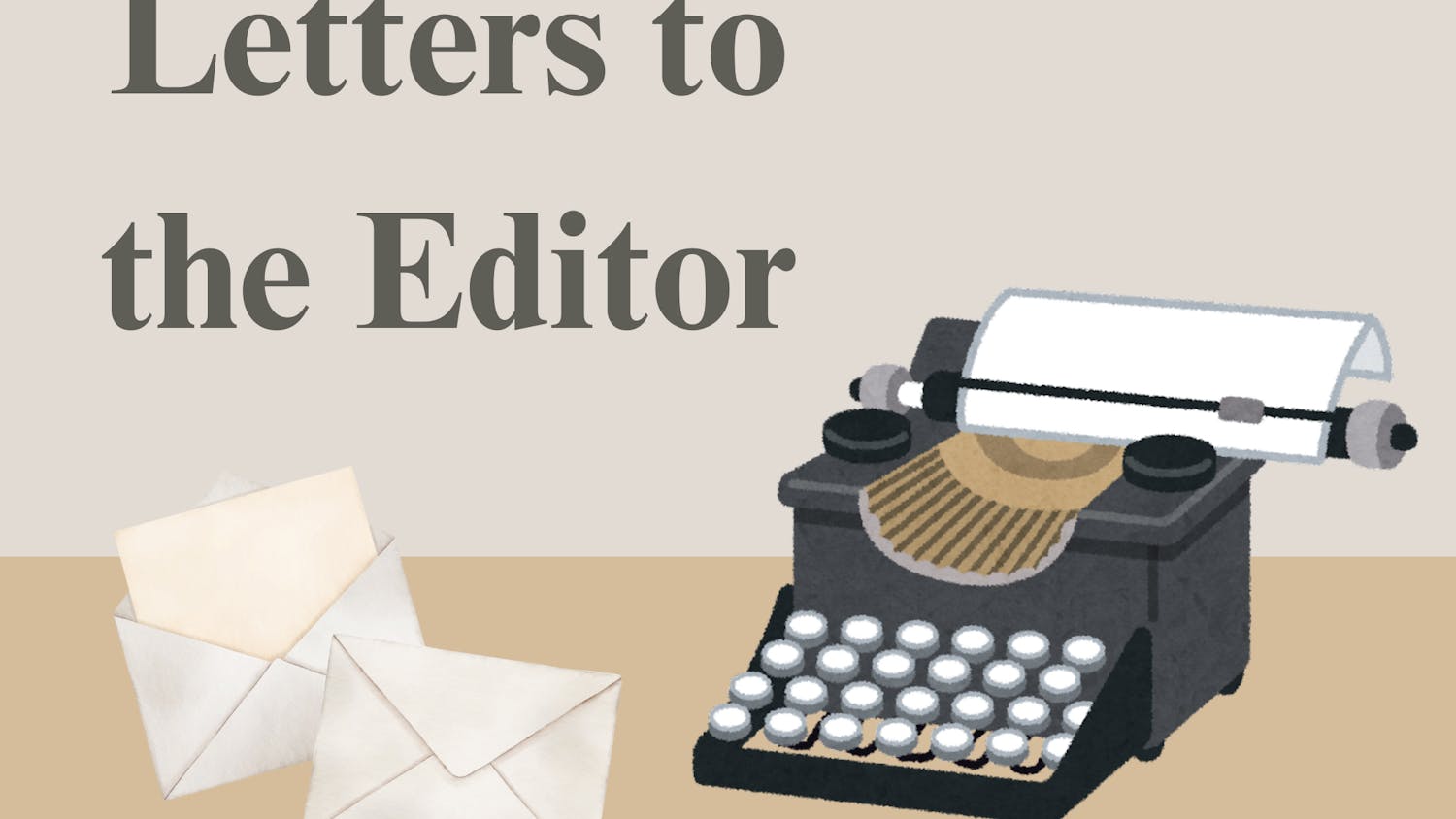Amid recent scrutiny from black congressional members regarding Barack Obama's handling of the economy--particularly its impact on the black community--the president scolded the Congressional Black Caucus at its annual awards dinner this weekend, telling his all-but-copacetic supporters to "Shake it off. Stop complainin'. Stop grumblin'. Stop cryin'" and to "press on."
While the message itself isn't all that surprising--Obama needs to rally support everywhere he can--the conversation over how his remarks were reported is what has me interested.
On MSNBC's "Up w/ Chris Hayes," analyst Karen Hunter took issue with the Associated Press' exclusion of the letter "g" from words in the president's address, as I previously quoted.
"I think it's inherently racist to do something like that," she said to the panel, adding later, "For them to do that in a publication, you know what that is," and describing it as "Tom Sawyer, Huckleberry Finn-ish."
According to Hunter, we can now add the AP, arguably the only remaining unbiased news source, to the manifest of "you-hate-him-because-he's-black" enemies of the president.
Even still, these comments don't surprise me; I've watched Hunter numerous times and would expect nothing less from her than blind support for Obama and rebuke of any she haphazardly perceives as against him. Plus, it's not like black people are the only ones who omit the "g" from a slew of words during conversation; I'd say it's pretty freakin' common.
It was what she said next which perturbed me.
"I teach a journalism class," started Hunter, a professor in the department of film and media studies at Hunter College in New York and member of a 1999 Pulitzer Prize-winning editorial board, "and I tell my students to fix people's grammar because you don't want them to sound ignorant, right?"
Wrong.
Here at The Plainsman, that's not how we roll. You'll see plenty instances of "gonna" and "wanna" and dropped letters in this publication if that's how our reporters are spoken to.
As a staff composed of still-learning student reporters and not professional journalists, mistakes and misquotations are regrettably more frequent. But once the door is opened to altering direct quotations for grammatical reasons, be it to hide or highlight a personal characteristic, less-disciplined reporters or editors may be tempted to do so for more impactful and unethical reasons.
Quotation marks are sacrosanct, and we don't hide anyone's ignorance.
Ms. Hunter just showed hers.
Do you like this story? The Plainsman doesn't accept money from tuition or student fees, and we don't charge a subscription fee. But you can donate to support The Plainsman.




